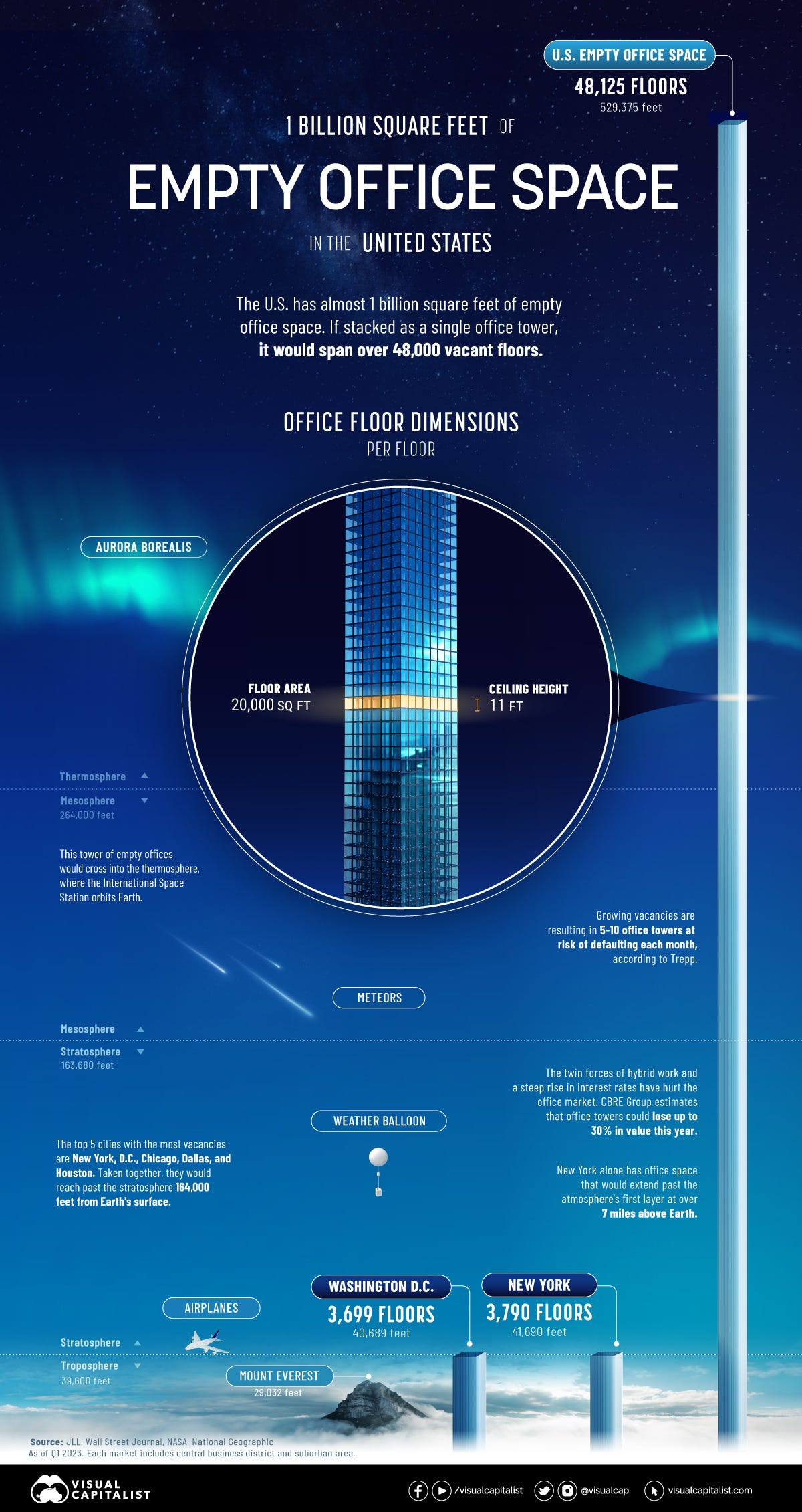Empty Space 🏢 - MMD#570
Good day my good friend.
It seems all a bit quiet on the transport front at the moment. With Parliament drifting towards recess and the conference season coming to a close for the Summer, everything seems to be drifting in neutral at the moment. Which feels rather odd, if I am honest. Still, lets enjoy it while we can.
If you have any suggestions for interesting news items or bits of research to include in this newsletter, you can email me.
Mobility Camp is taking place on 26th September 2023 in Birmingham. It would be great to see you there. Get your tickets now.
James
HSR is good for the wallet, maybe 💵
On the day that the Chief Executive of HS2 decided to step down from his role, some new research has come out into the impact of high speed rail on income disparity. This is hardly an under-researched area, with evidence emerging that high speed lines could increase social inequity, as well as increasing gaps between developed and less-developed areas (while growing the overall economic pie). But what about income specifically? A new study in Italy sought to explore this.
And of course it goes against all previous studies, showing that HSR can actually reduce income inequalities for a while at least. So what’s going on here? Its hard to say for sure whether this is simply a case of regional variance or the characteristics of regional economies. But it paints a muddled picture. Maybe, HSR should not be judged on its economic impact, but on the changes that it enables in regions in all aspects of life.
Life affects travel - a lesson we have to relearn 👶
Key life decision points have a HUGE impact on how we travel. When moving house, moving job, having children, graduating, and even buying a car (yep, that’s a life event), our travel patterns have to change in response to the changing circumstances of our lives. It seems that we as transport planners forget that a lot. Which is really frustrating, but thankfully we have research from our good friend the Dutch to remind us of this simple fact.
So, what happens in the Netherlands when life changes. Apparently, having a child means the Dutch cycle less, and when men change jobs they often use the train more. Meanwhile buying a car reduces cycling too. This is based on pre-COVID data, so take it with a pinch of some salt. But its good to have old lessons relearned. Assuming we learn them this time.
Random things 📚📰
These links are meant to make you think about the things that affect our world in transport, and not just think about transport itself. I hope that you enjoy them.
Copper is unexpectedly getting cheaper (The Economist) ⛏️
A New Kind of Disaster Aid: Pay People Cash, Before Disaster Strikes (New York Times) 🌩️
Decolonizing Development Economics: The STAARS Experience (Community-Based Global Learning Collective) ✊
Van-oof! E-bike startup VanMoof, unable to pay bills, files for payment deferment in Holland (TechCrunch) 🚲
Retrofitting Cities in the Global South: Achieving Low-Carbon Pathways by Bolstering Municipal Finances in G20 Countries (Asian Development Bank) 🏦
Something interesting 🖼️

That is a lot of empty office space. Maybe downtown is still on a downturn after COVID?
If you do nothing else today, then do this ☟
Good friend Tom van Vuren has written an excellent article on the implications of artificial intelligence for transport modellers. Its well worth a read.
